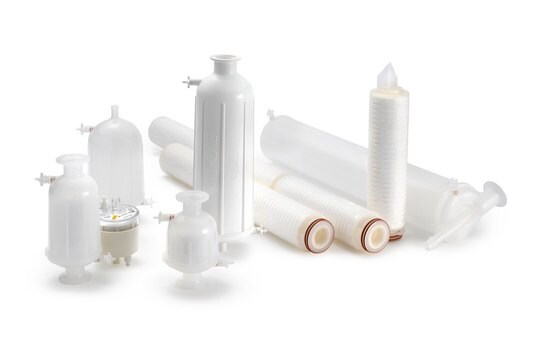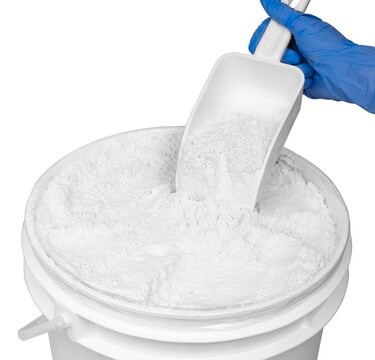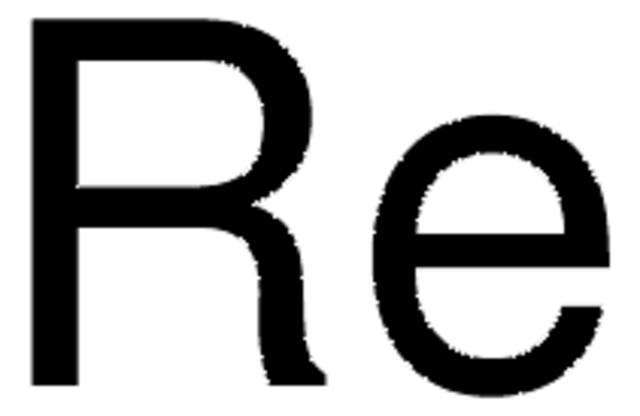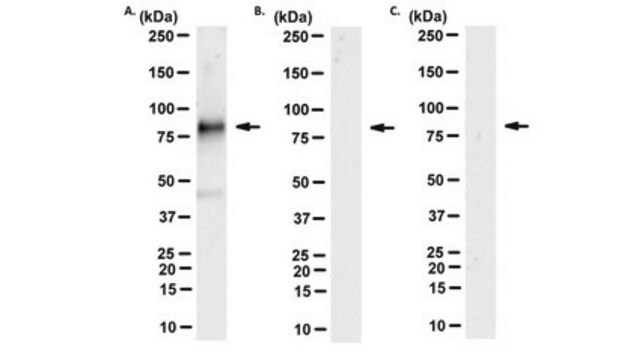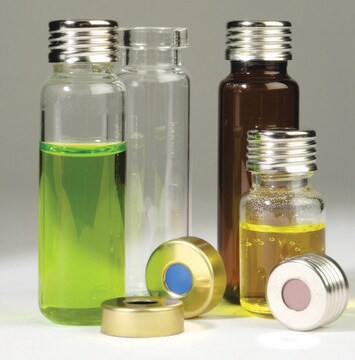MABF112
Anti-CD70 Antibody, clone TAN 1-7
clone TAN 1-7, from rat
Synonym(s):
CD70 antigen, CD27 ligand, CD27-L, Tumor necrosis factor ligand superfamily member 7, CD70
About This Item
Recommended Products
biological source
rat
Quality Level
antibody form
purified antibody
antibody product type
primary antibodies
clone
TAN 1-7, monoclonal
species reactivity
mouse
technique(s)
flow cytometry: suitable
western blot: suitable
isotype
IgG2aκ
NCBI accession no.
UniProt accession no.
shipped in
wet ice
target post-translational modification
unmodified
Gene Information
mouse ... Cd70(21948)
Related Categories
General description
Immunogen
Application
Functional Blocking Analysis: A representative lot detected CD70 in splenic CD8a+ DCs (Arora, P., et al. (2014). Immunity. 40:105-116).
Inflammation & Immunology
Immunoglobulins & Immunology
Quality
Western Blotting Analysis: A 1:500 dilution of this antibody detected CD70 in 10 µg of mouse spleen tissue lysate.
Target description
Physical form
Storage and Stability
Other Notes
Disclaimer
Not finding the right product?
Try our Product Selector Tool.
Storage Class Code
12 - Non Combustible Liquids
WGK
WGK 1
Regulatory Listings
Regulatory Listings are mainly provided for chemical products. Only limited information can be provided here for non-chemical products. No entry means none of the components are listed. It is the user’s obligation to ensure the safe and legal use of the product.
JAN Code
MABF112:
Certificates of Analysis (COA)
Search for Certificates of Analysis (COA) by entering the products Lot/Batch Number. Lot and Batch Numbers can be found on a product’s label following the words ‘Lot’ or ‘Batch’.
Already Own This Product?
Find documentation for the products that you have recently purchased in the Document Library.
Our team of scientists has experience in all areas of research including Life Science, Material Science, Chemical Synthesis, Chromatography, Analytical and many others.
Contact Technical Service